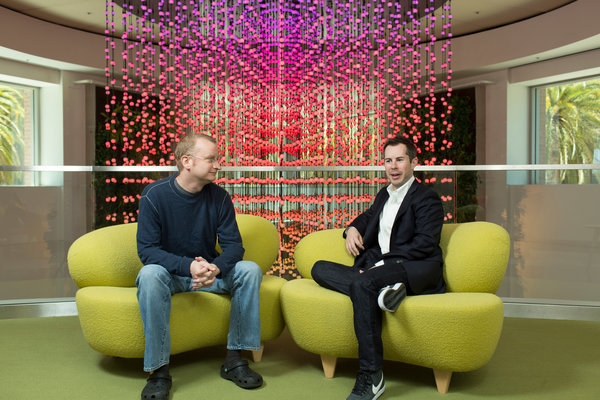The Dangers of Planning: Goals Gone Wild
Farnam Street stashed this in Interesting
Stashed in: #success, Emotion, Risk!, Goals!, Awesome, Leadership, Plan!, Farnam Street
Borrowing from that, Chris Kayes termed goalodicy. He also wrote a book on it called Destructive Goal Pursuit: The Mount Everest Disaster.
In the corporate world we’re often focused on achieving our goals at all costs. This eventually reaches the status of dogma.
This insight is the core of an important chapter in Burkeman’s book, The Antidote:
[W]hat motivates our investment in goals and planning for the future, much of the time, isn’t any sober recognition of the virtues of preparation and looking ahead. Rather, it’s something much more emotional: how deeply uncomfortable we are made by feelings of uncertainty. Faced with the anxiety of not knowing what the future holds, we invest ever more fiercely in our preferred vision of that future – not because it will help us achieve it, but because it helps rid us of feelings of uncertainty in the present. ‘Uncertainty prompts us to idealise the future,’ Kayes told me. ‘We tell ourselves that everything will be OK, just as long as I can reach this projection of the future.’
…We fear the feeling of uncertainty to an extraordinary degree – the psychologist Dorothy Rowe argues that we fear it more than death itself – and we will go to extraordinary lengths, even fatal ones, to get rid of it.
There is an alternative, of course. Burkeman argues that “we could learn to become more comfortable with uncertainty, and to exploit the potential hidden within it, both to feel better in the present and to achieve more success in the future.” (In fact, this is the strategy Henry Singleton, one of the most successful businessmen ever, pursued.)
I did not realize that there's potential in uncertainty to feel better and to achieve more success.
I wonder why that is.











5:38 AM Feb 19 2014